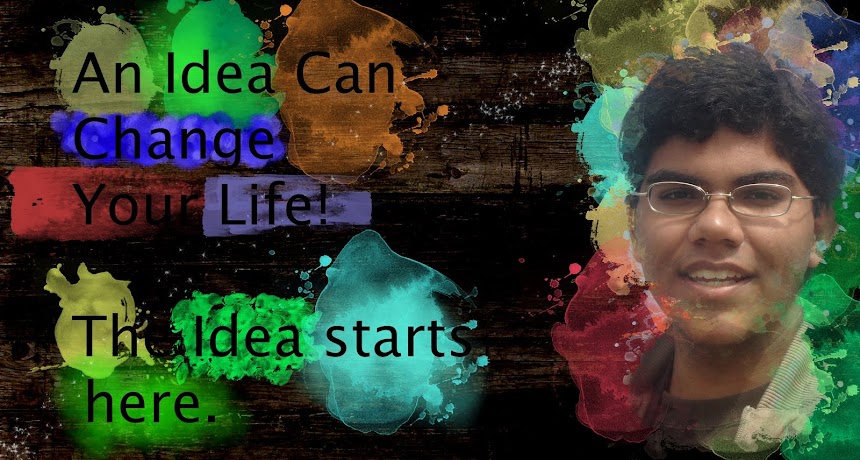#1. Follow your heart, not your brain. Identify your passion.
Well, this is obvious, but you will be surprised how many people are out there working on things they DISLIKE. They do it because of the money, the relaxed atmosphere or their unwillingness to change. If you belong to one of these categories, kick that habit immediately. You are less likely able to think with a clear mind.
For me, I have always followed my heart in this matter. I ask myself what I *really* like. You may not find the answers immediately. It took me a few weeks personally to connect all the dots in my life and realize what I am passionate about. You can start by immersing in self-questioning to identify your passion.
What do I like doing? What I enjoyed doing? Is there anything I did without much effort but everyone thought was really really hard to do? Would I want to do
This brings me to my next point.
#2. Make a list of things you like together with the grades you are achieving for it.
This advice was given to me by a professor who taught me. During his first lesson, he told me that the easiest way to decide what you want to do for the rest of your life is by listing down the things you are best at and things you like the most. Now, compare these two lists. You have to find the highest match between the two lists and that would probably correspond to what you are passionate about and have the most potential for growth.
For example:
---------------------------------------
# Score Best # | # Enjoy Most#
---------------------------------------
1. Maths Art
2. Physics Piano
3. Engineering making electronics
Voila! number 3 is the best match. I can do electronics engineering or any related field! Now, create a list for yourself and find your passion.
#3. Do the things you dislike when they are necessary.
Once you have identified your passion, you should never make the mistake of ignoring everything else. Many people tend to ignore everything else that seems unrelated. Remember, what goes around, comes around. You may not see its application today but two or three years later, if you need a particular skill for a project you are working on, you are going to regret real bad.
For knowing what to focus on and what not to focus on, it is best to follow what people in your field advice (professors work out best for me). If they say physics is important for medicine, you jolly well do your best for physics. Pay attention in class. If you really hate it, bear with it and try to understand its relevance to your passion. If you still hate it, at the minimum, understand and do well for your parents at least. You will understand its importance someday when you need it and that is when you go "Hey! I actually like this stuff now!".
#4. Talk to people (especially your parents) about your decisions.
As mentioned earlier, only people in your field can give you the best advice. You should talk to them to know more about the field. What are the opportunities available and what-not. Nevertheless, you should not listen to everyone. Now and then, you will get someone who is pissed with his job and discourages you from entering it. Make your decision on who you trust wisely.
#5. Never succumb to peer pressure.
Lastly, NEVER EVER EVER do something because someone else is doing it. Just because he is doing something cool, you should not follow him blindly thinking you will also be able to do it. Often times, when someone looks cool at doing something, it is because he has an awful lot of practice in doing what he is doing and has become perfect in his work. He probably can close his eyes and do it just as well. Peer pressure gives you nothing other than that moment of pleasure. Your friends will never be with you for the whole life but your passion will. Don't let go of your passion and be strayed to do something else for the sake of your friend.
Hopefully, this note helps you make decisions better. It surely has for me.

No comments:
Post a Comment